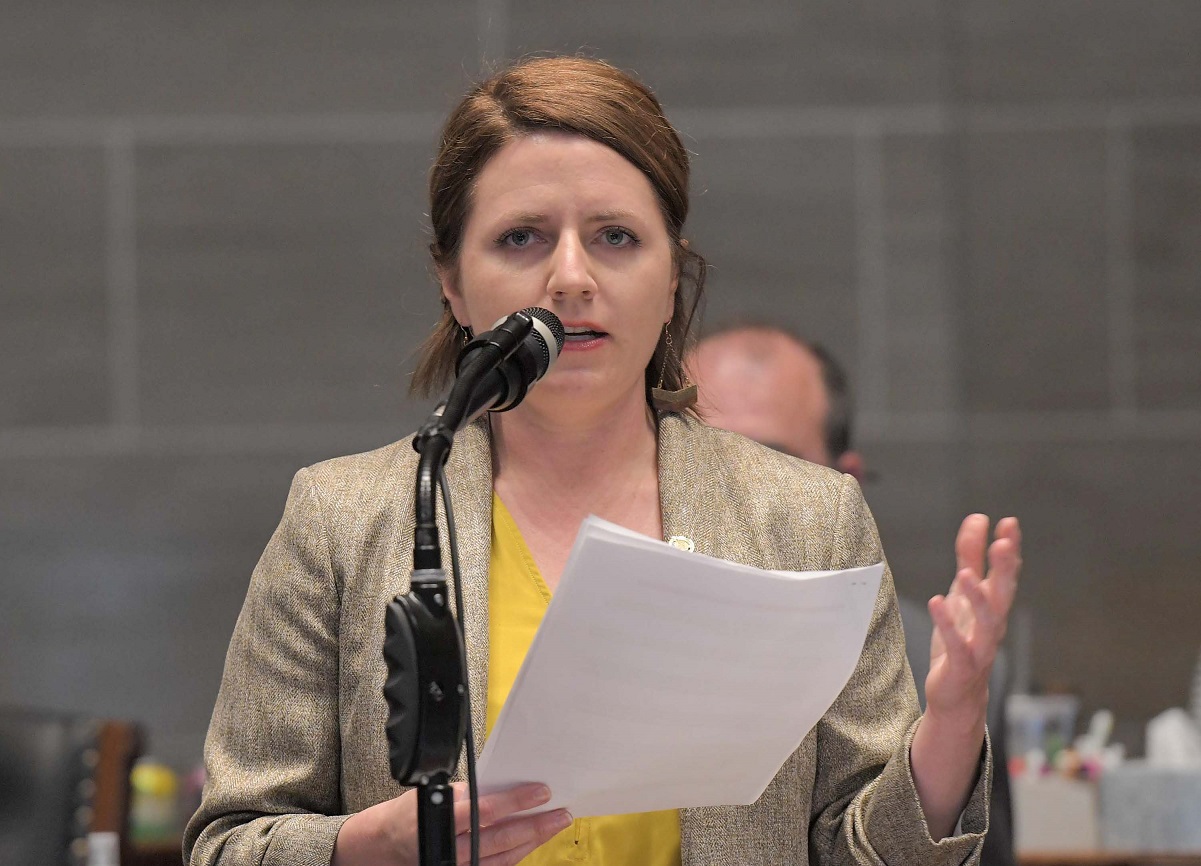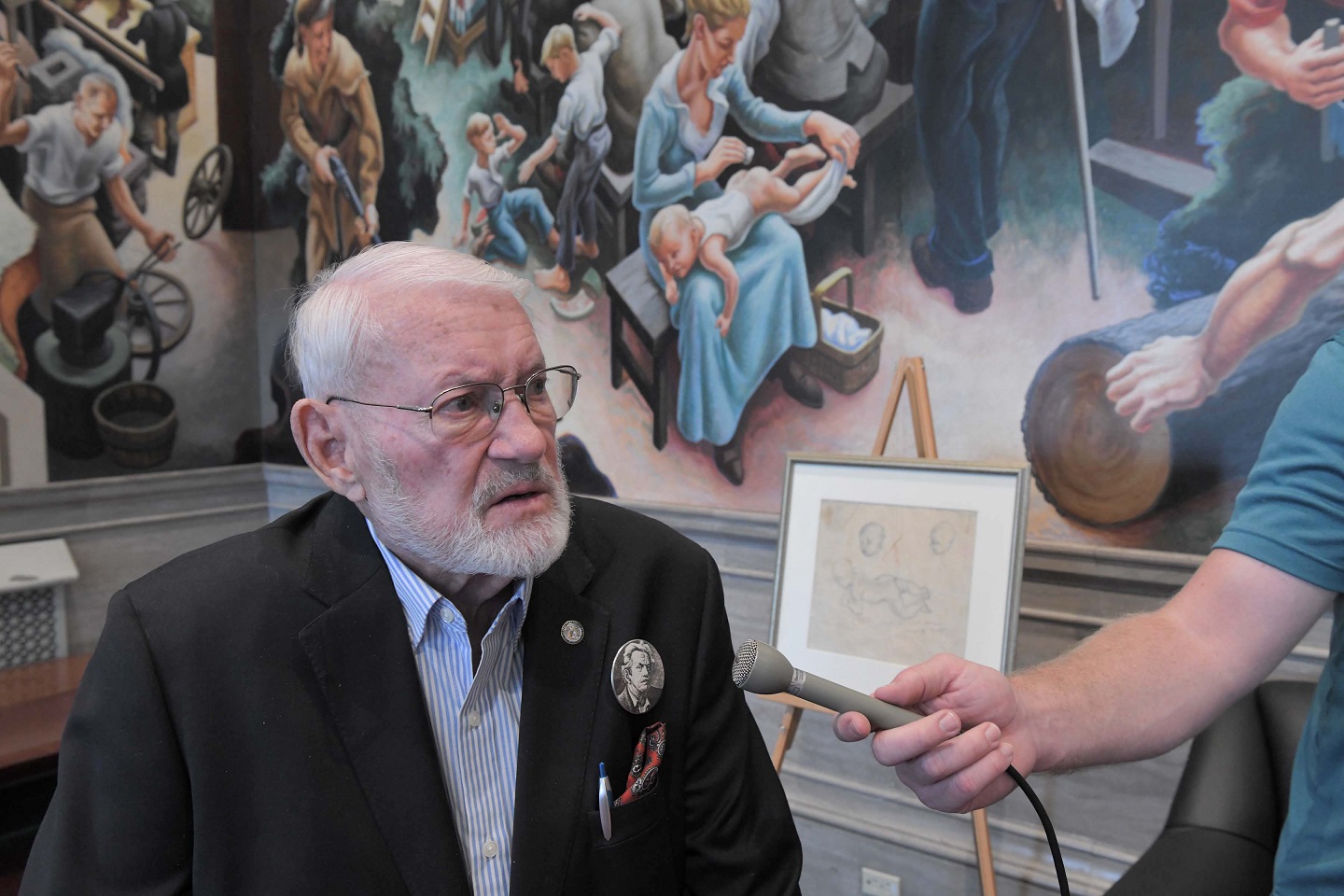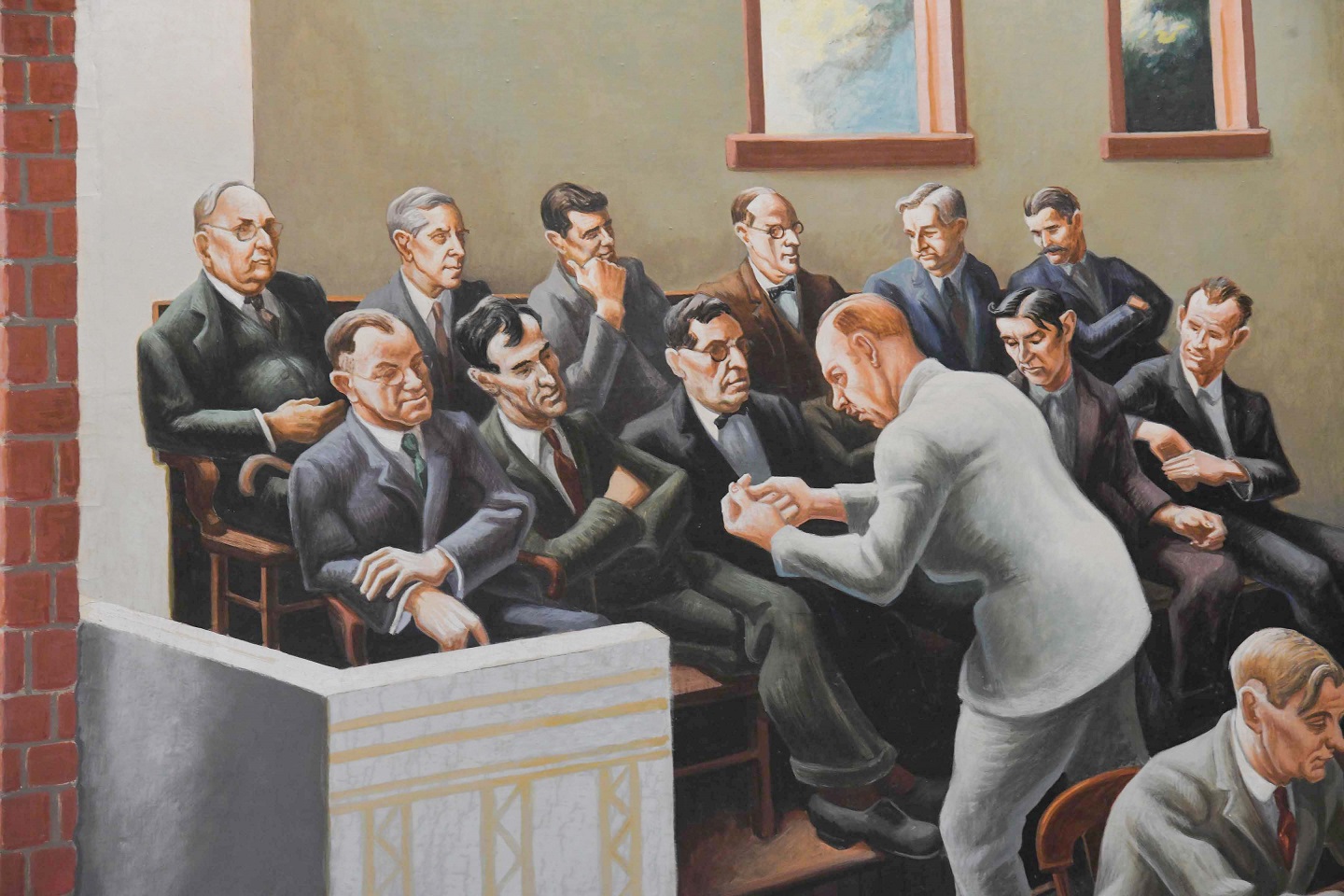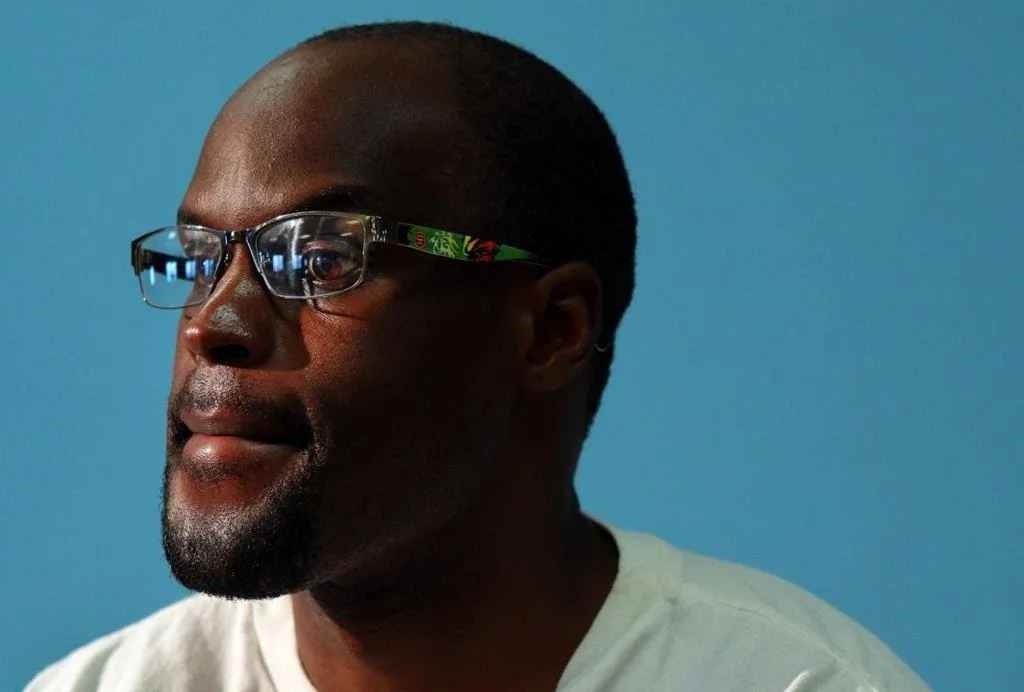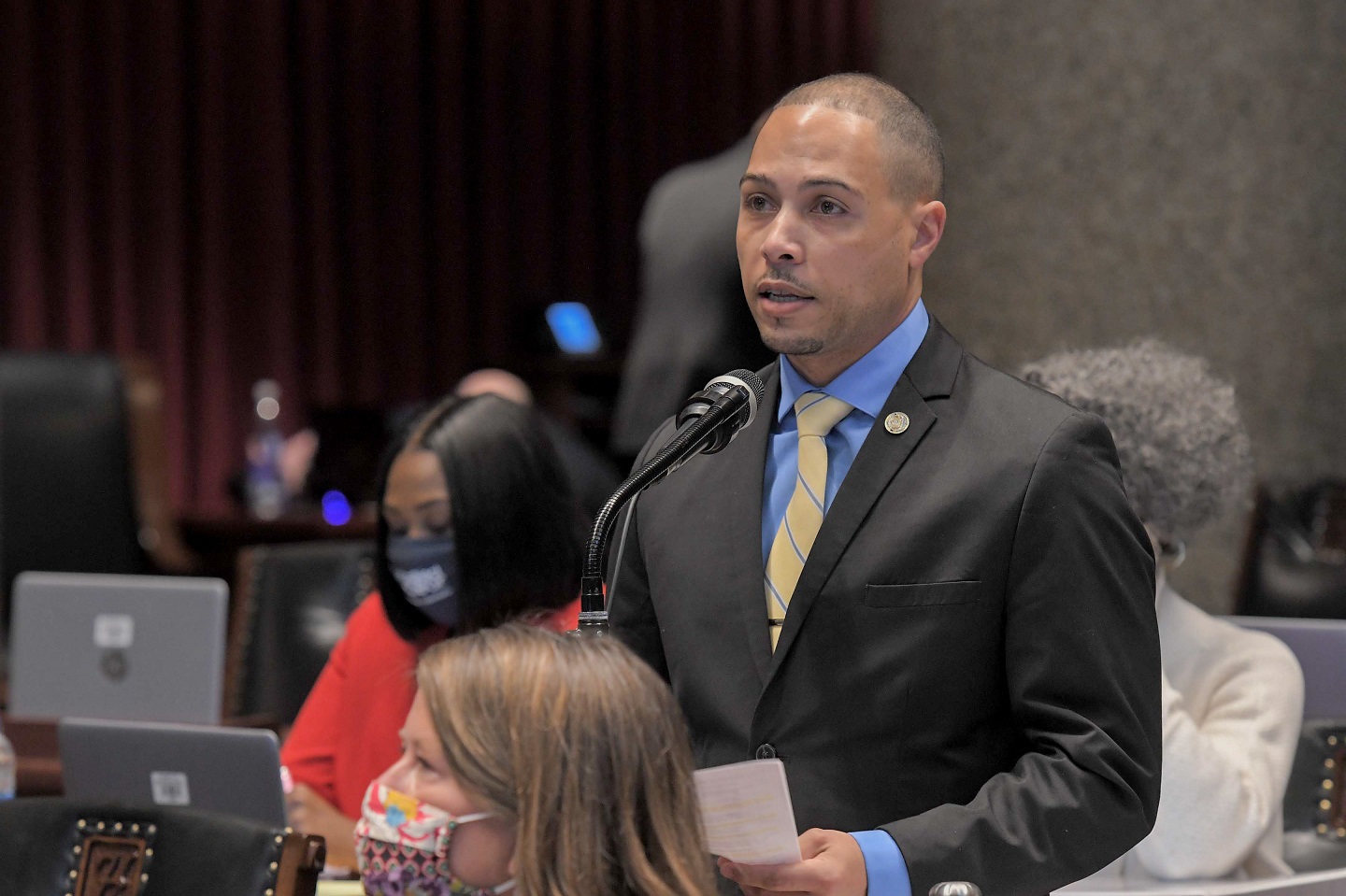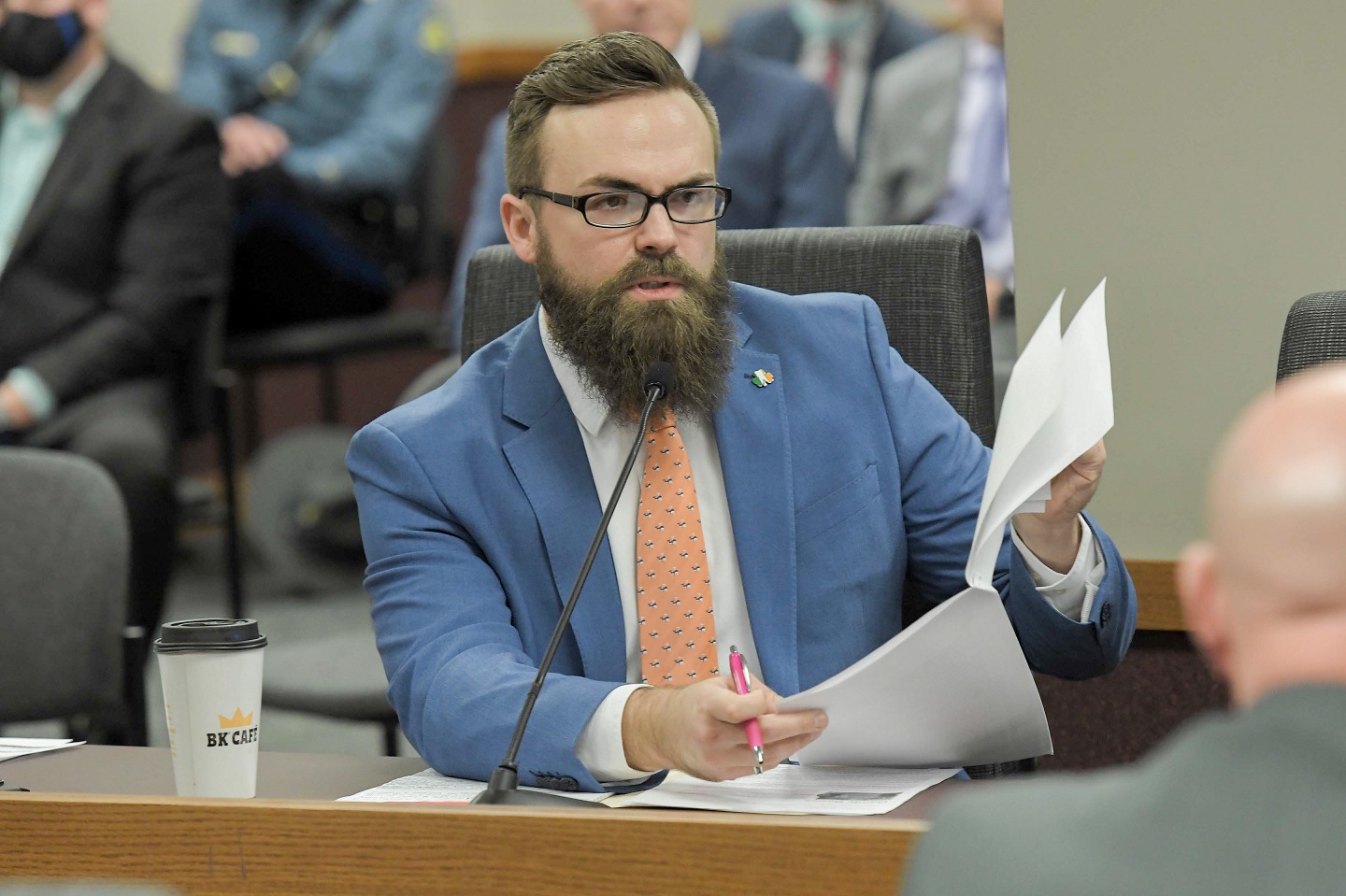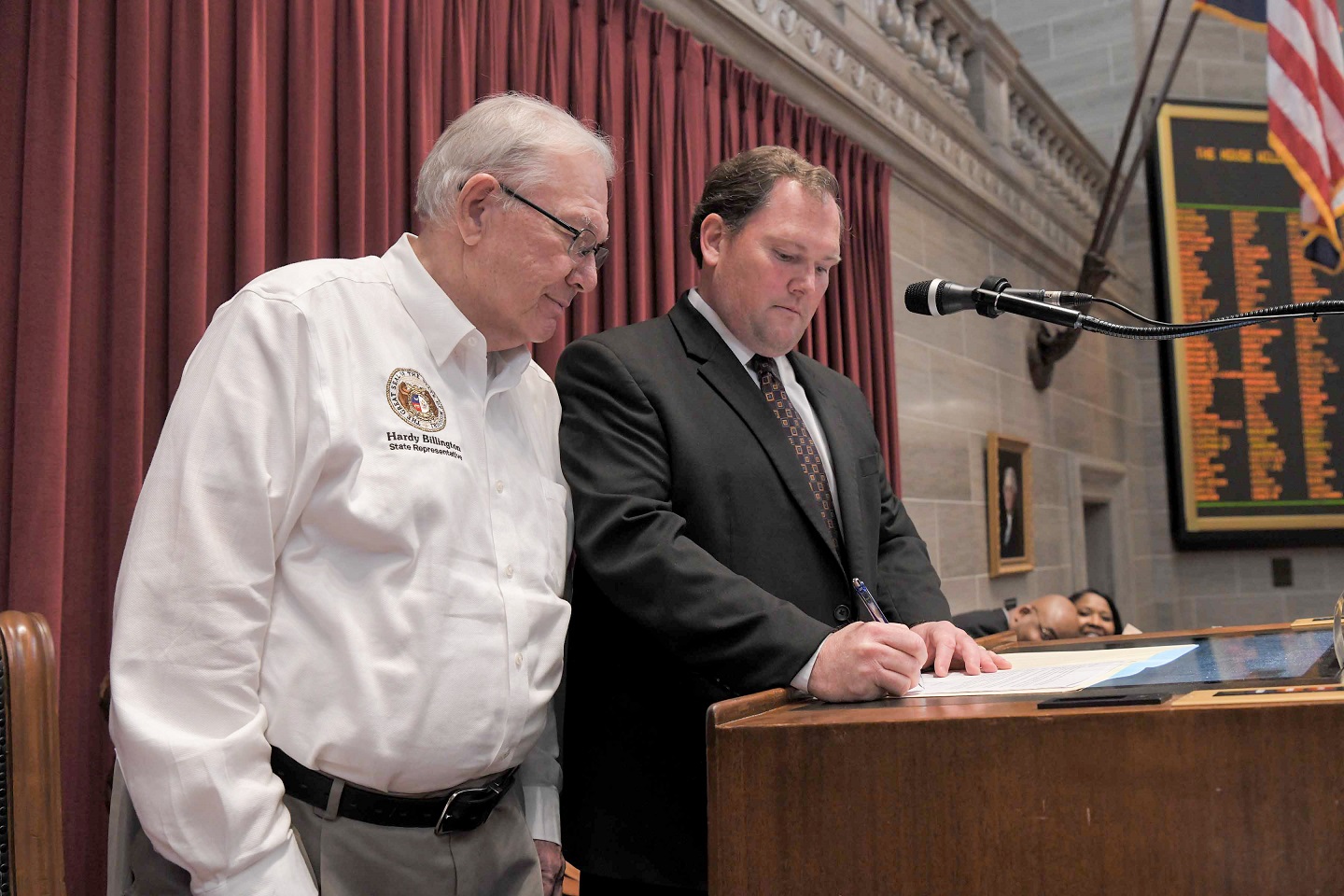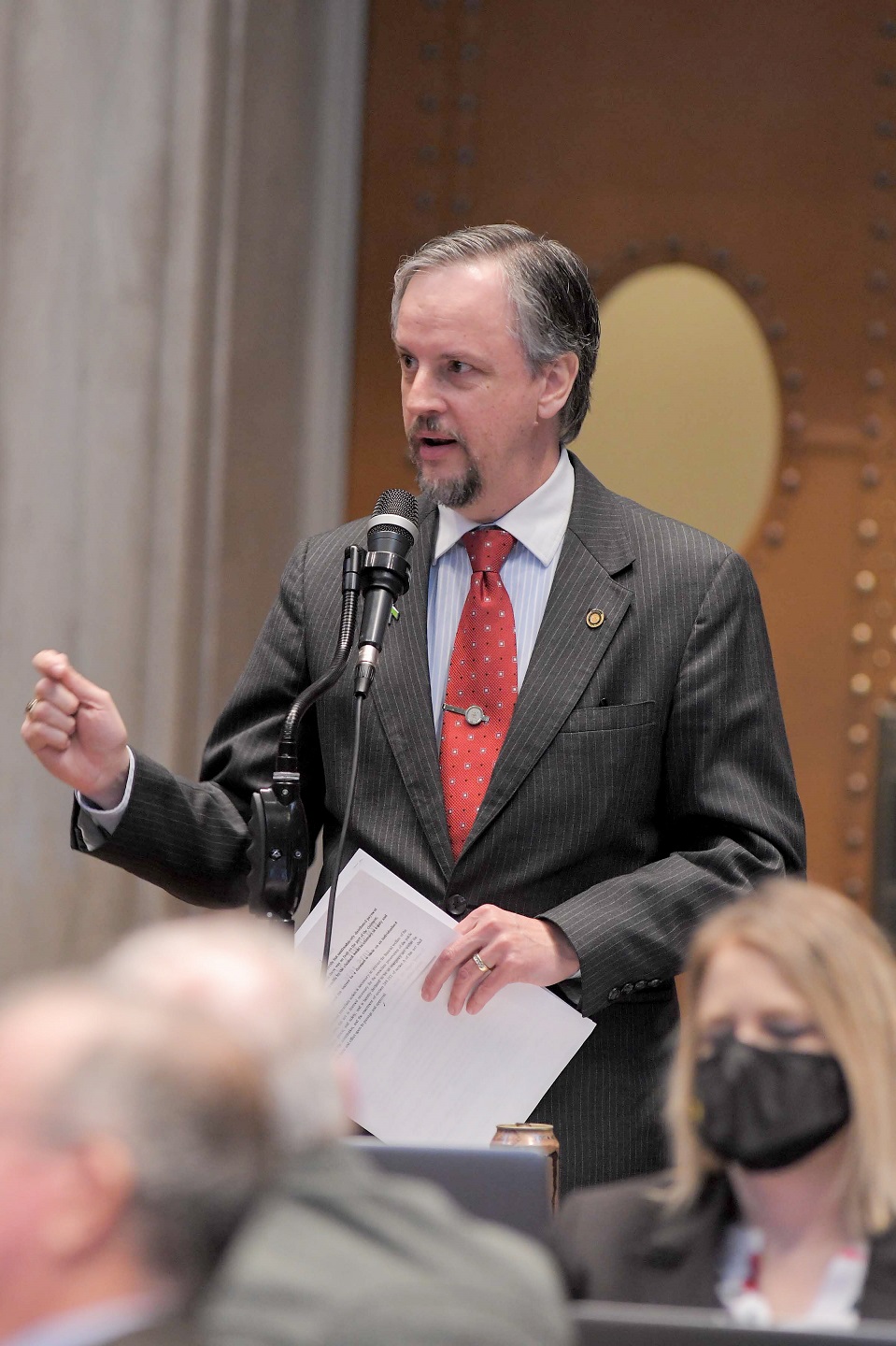The Missouri House voted Wednesday to override Governor Mike Parson’s (R) vetoes of several spending proposals in the state budget, including one aimed at stemming the sexual abuse of children in Lincoln County.

The Senate did not concur on those overrides and allowed the governor’s actions to stand, and those proposals to fail.
House members including Lincoln County representative Randy Pietzman (R-Troy) took to the floor expressing anger and frustration that Parson rejected $300,000 to fund a 3-year pilot program that would’ve hired investigators, a prosecutor, and staff to address an increase in sex offenders in the region.
He said that line item would be enough to get the program started and after 3 years local officials could sustain it after that.
Pietzman said he was approached with “offers” by people who didn’t want him to even propose the override.
Pietzman directed his criticism squarely at the governor, saying this was a plan he and others in the county worked for years to develop. The governor has said that a federal grant program can be used to address this issue but Pietzman says that will not work.
“Unlike [the governor] I’m not looking for a photo opportunity saying this is what I’m doing. I’m doing it for those kids,” said Pietzman.
The House voted 150-3 in favor of that override.
The chamber also voted 151-3 to reverse the governor on a $2-million item that included 3-percent pay raises for caseworkers and supervisors in the Children’s Division. These employees deal with abuse, neglect, and other issues facing children in the custody of the state.

Representative Raychel Proudie (R-Ferguson) said Missouri is having a hard time retaining those workers, partly because of how much they are paid.
On another vote, the House voted to restore funding for court costs to the owners of certain wedding venues. St. Louis Republican Jim Murphy said these owners were years ago told by the Department of Revenue they did not need to pay sales tax, but years later the Department sent them bills for tens of thousands of dollars in back taxes. Eventually everything was paid back to those owners but the court costs.
Murphy said the Department harmed and lied to those Missourians. “This year there was $150-thousand put into the budget to do the right thing, and that’s give these people their money back … well the governor, in his wisdom, and I cannot explain why, vetoed this,” said Murphy. “We have promised these people over and over again that we would do right by them, only to have the rug pulled out from under them.”
The House supported that override 152-2.
It also voted 112-38 to override a veto on $700,000 for a Community Improvement District along Business Loop 70 in Columbia.
These overrides were sent to the Senate, which voted to reject two of them and did not vote on the other two, so the governor’s vetoes stand.
